Photo: fotokalua/123RF
The fight for Black equality has a long, complicated history in the United States.
Whether it’s Ida B.
Some of these leaders were passionate about ending segregation, while others tackled equal opportunity in employment and education.
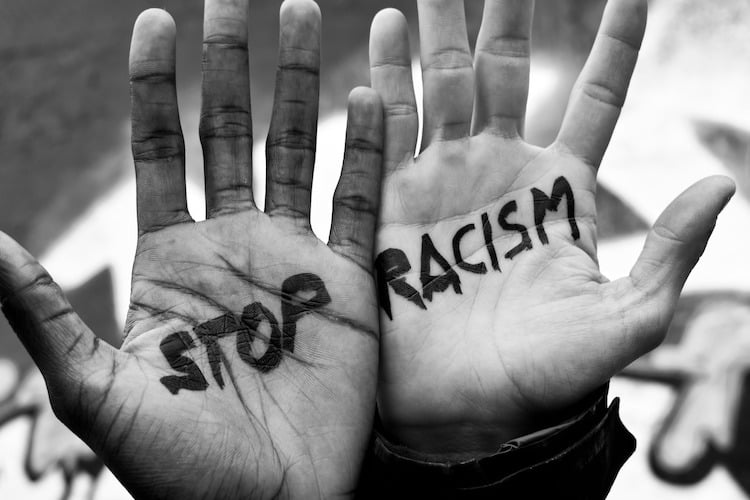
Photo: fotokalua/123RF
Others, like Claudette Colvin, simply decided to stand their ground no matter what the consequences.
Here are 15 incredible Black activists who have fought for civil rights.
Ida B.

Photo:Cihak and Zimavia Wikimedia Commons (Public domain)
Du Bois
Photo:James E. Purdy/National Portrait Galleryvia Wikimedia Commons (Public domain)
Not only wasW.
Philip Randolphwas inspired by W. E. B. DuBois to fight for racial equality.
The Brotherhood of Sleeping Car Porters (BSCP) was reluctantly accepted into the American Federation of Labor.
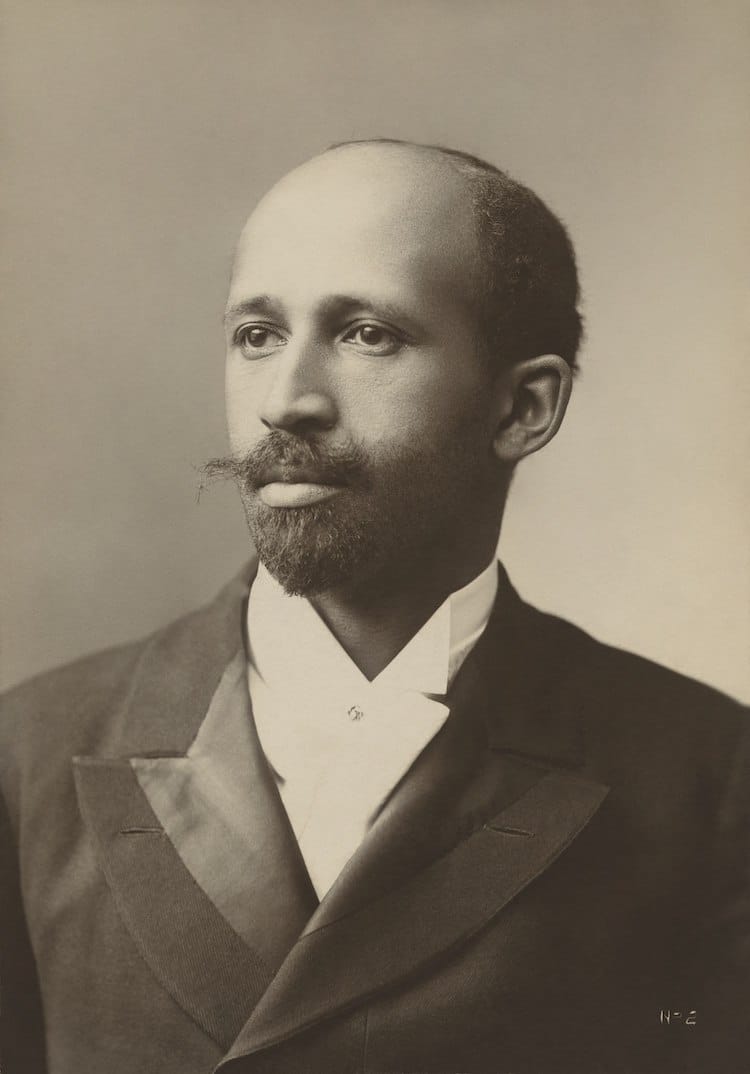
Photo:James E. Purdy/National Portrait Galleryvia Wikimedia Commons (Public domain)
President Franklin D. Roosevelt later issued the Fair Employment Act after Randolph promised to march 50,000 protestors through Washington.
This act ended discrimination in the nation’s defense industry.
This later inspired President Harry Truman to sign an executive order desegregating the military.
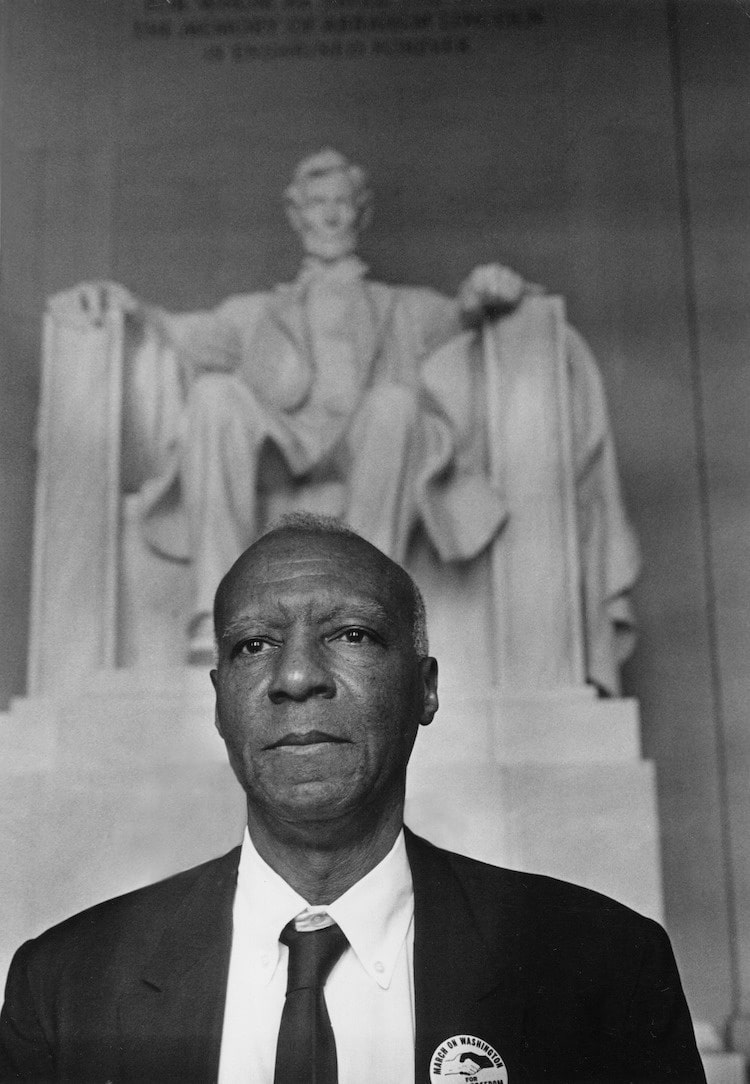
Photo:Rowland Schermanvia Wikimedia Commons (Public domain)
Ella Baker
A post shared by Intl.
Height began her foray into activism while still a teenager by working to desegregate her local YWCA pool.
The organization’s mission was to dismantle segregation through nonviolent means.
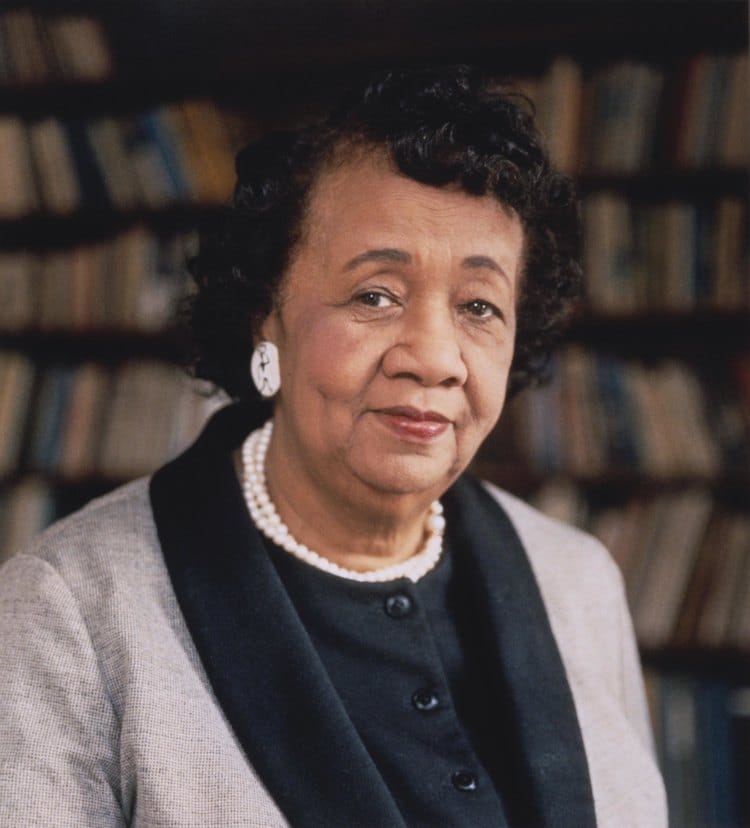
Photo:Schlesinger Library on the History of Women in Americavia Flickr (No known copyright restrictions)
CORE organized large-scale sit-ins at segregated restaurants and put legal pressure on Chicago businesses practicing segregation.
He spent 10 years as the executive director of theNational Urban League.
As executive director, Young used his influence with major corporations and politicians to advocate for the Black community.
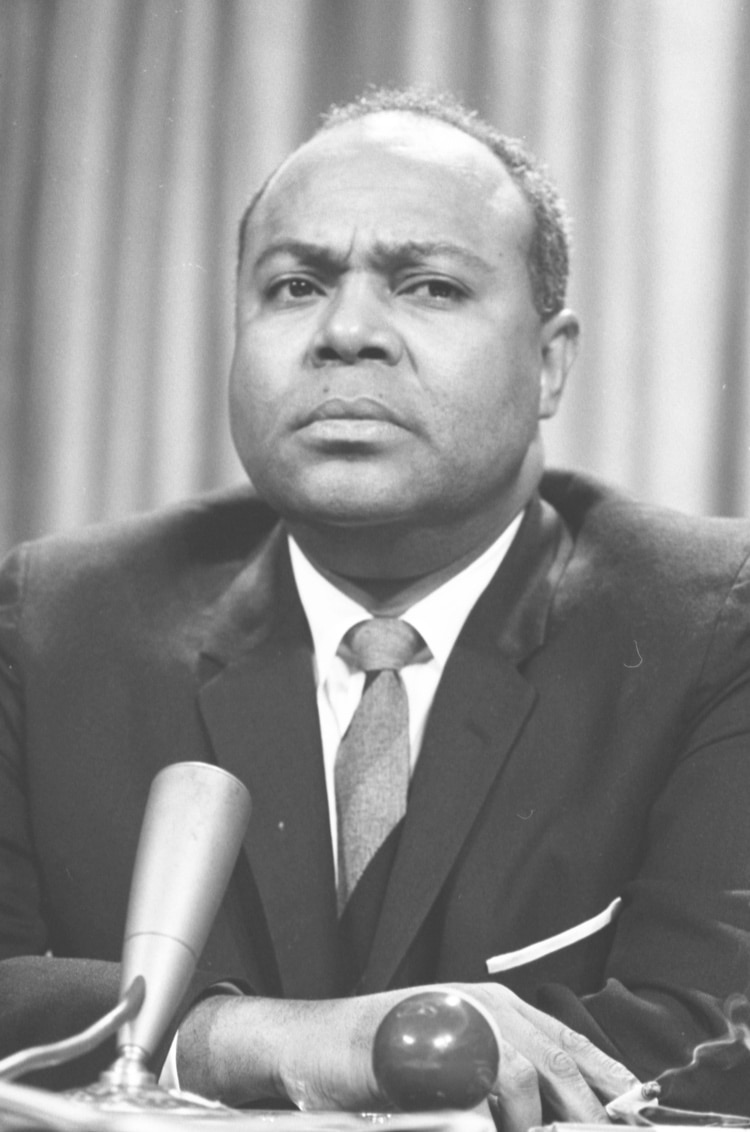
Photo:Marion S. Trikosko, U.S. News & World Report Magazinevia Library of Congress (Public domain)
He was a close advisor of Presidents Kennedy, Johnson, and Nixon.
His teachings were the origins of the Black Power movement.
As a Baptist minister and activist, he believed in nonviolent protest.
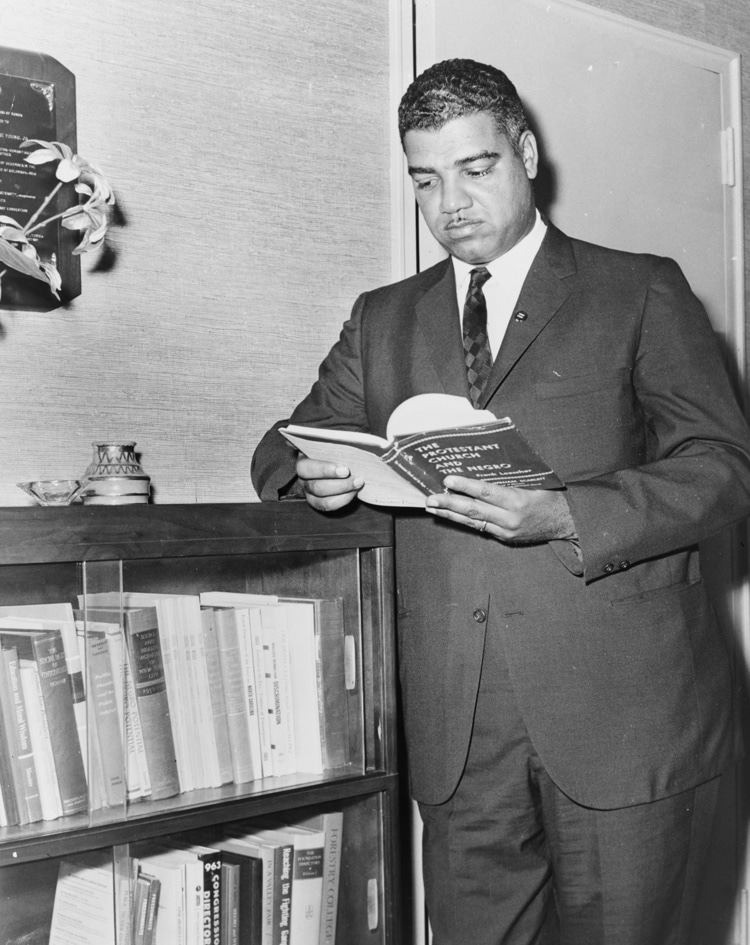
Photo:John Bottega, World Telegram & Sunvia Library of Congress (Public domain)
In 1955, he spearheaded the Montgomery bus boycott.
His skills as an orator made him a natural figurehead and the boycott pushed him into the national spotlight.
This event helped spark the 1955 Montgomery bus boycott.
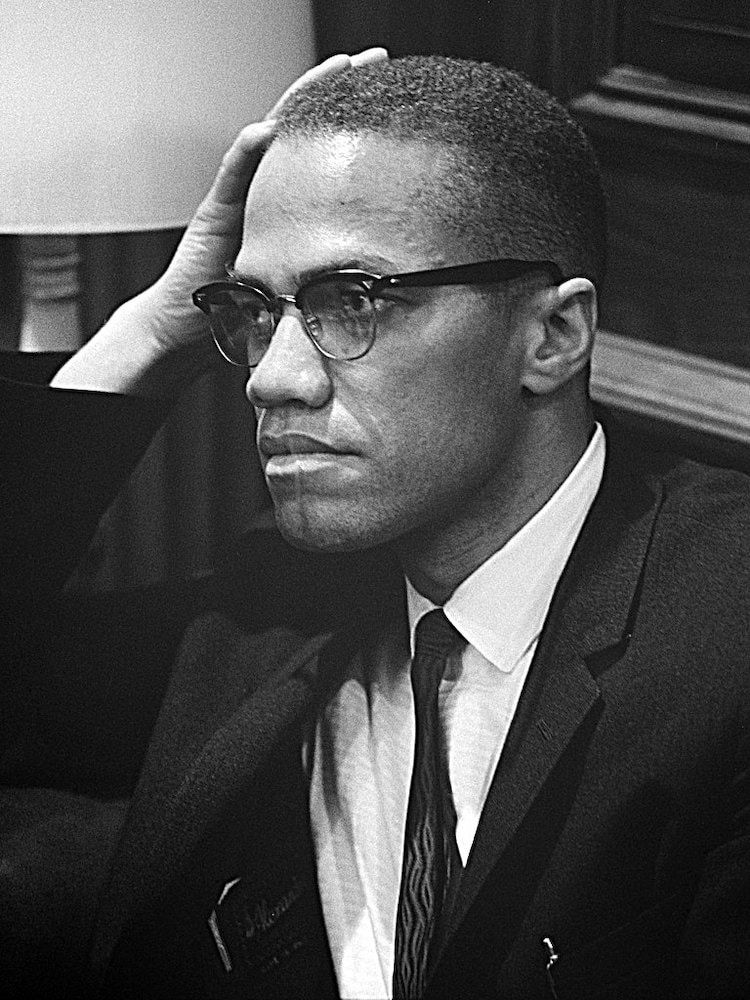
Photo:Marion S. Trikosko, U.S. News & World Report Magazinevia Library of Congress (Public domain)
Later, Colvin testified as part ofBrowder v. Gayle,which aimed to challenge bus segregation in the city.
He later founded the Southern Poverty Law Center, which filed legal cases against white supremacy groups.
He also led the first Selma to Montgomery march.

Photo:Kheel Centervia Wikimedia Commons (CC BY 2.0)
During the event called Bloody Sunday, his skull was fractured when Alabama state troopers attacked the participants.
Lewis remained a staunch defender of this act throughout his career.
In 2011, he was awarded the Presidential Medal of Freedom by President Barack Obama.
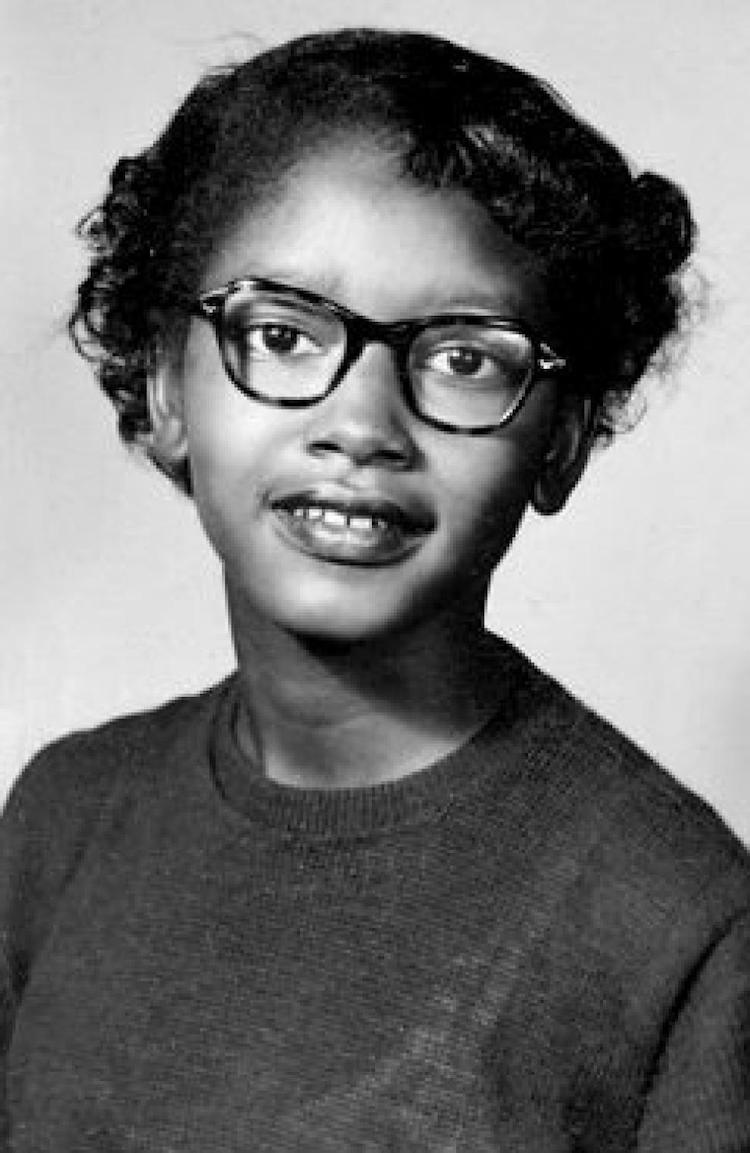
Photo:The Visibility Project, Claudette Colvinvia Wikimedia Commons (Public domain)
Over a decade later, the term would become widespread in light of the Harvey Weinstein scandal.
That same year, in 2017, she was also named aTIMEmagazine’s Person of the Year.
In 2021, Kendi co-foundedThe Emancipator, an online newspaper covering racial justice topics.

Photo:Eduardo Montes-Bradleyvia Wikimedia Commons (CC BY 1.0)
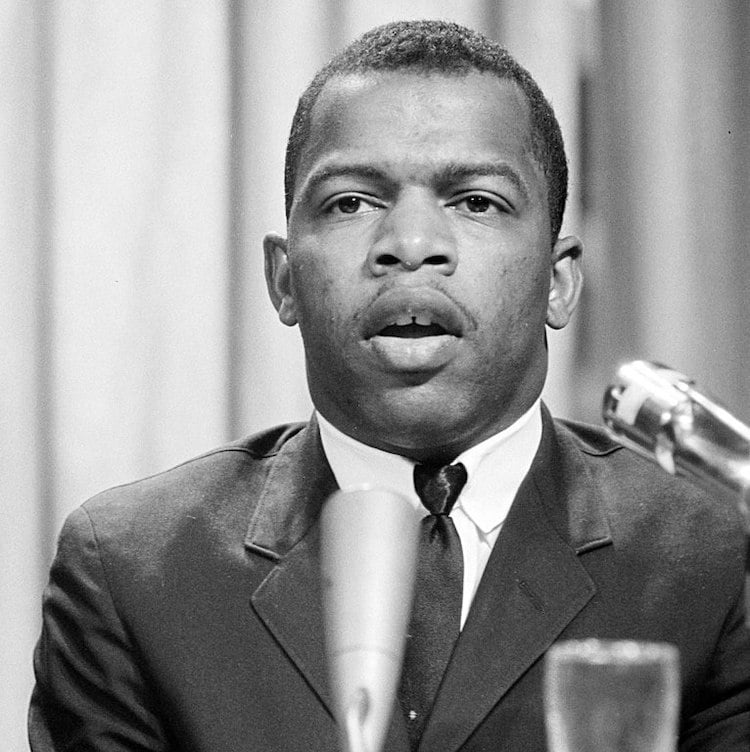
Photo:Marion S. Trikosko, U.S. News and World Reportsvia Wikimedia Commons (No known copyright restrictions)
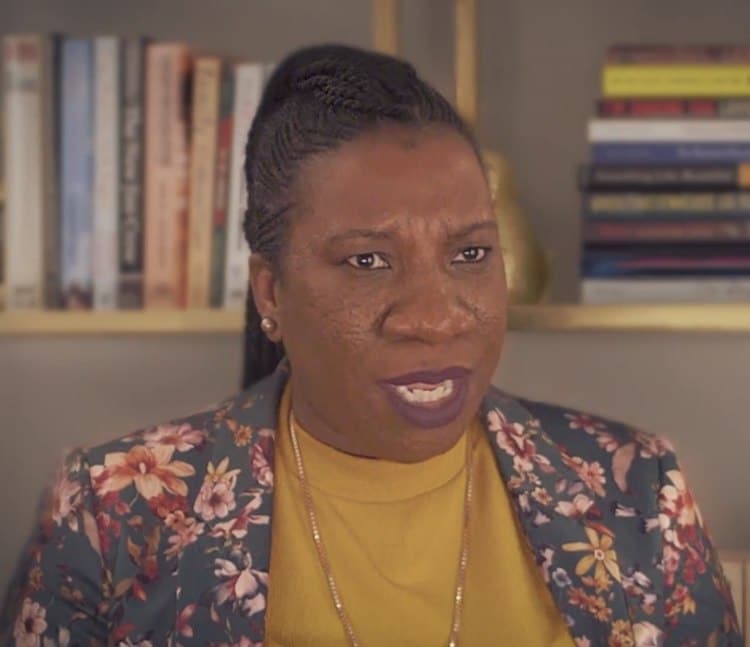
Photo:Brittany “B.Monét” Fennellvia Wikimedia Commons (CC BY-SA 3.0)
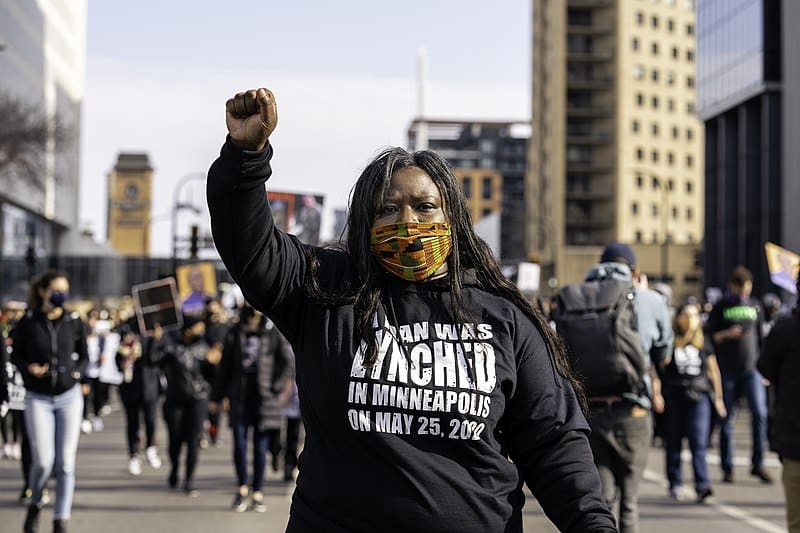
Photo:Lorie Shaullvia Wikimedia Commons (CC BY-SA 2.0)
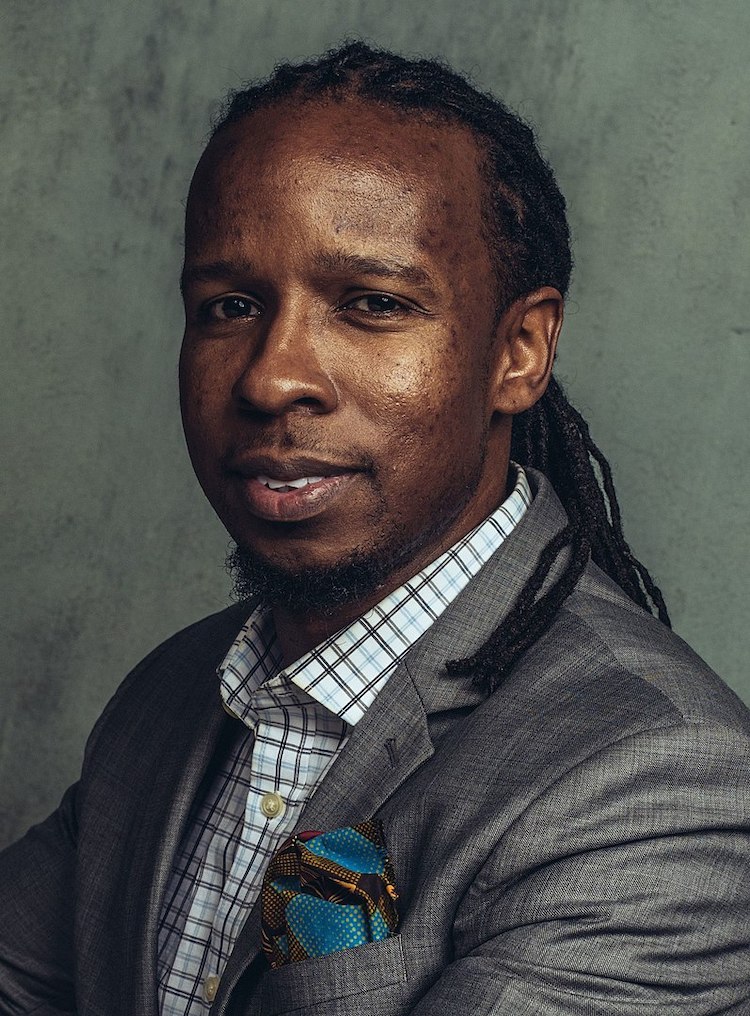
Photo:Stephen Vossvia Wikimedia Commons (CC BY-SA 2.0)